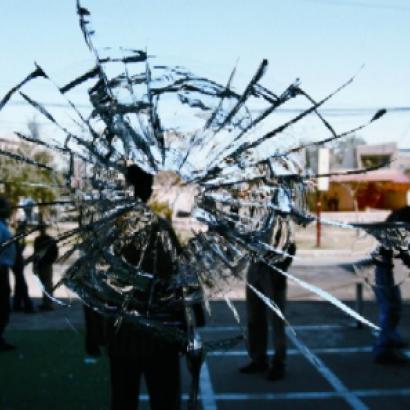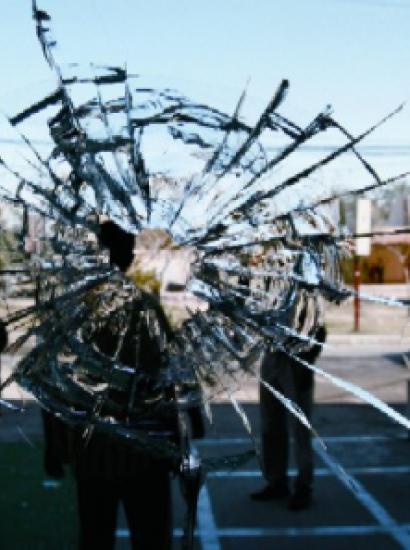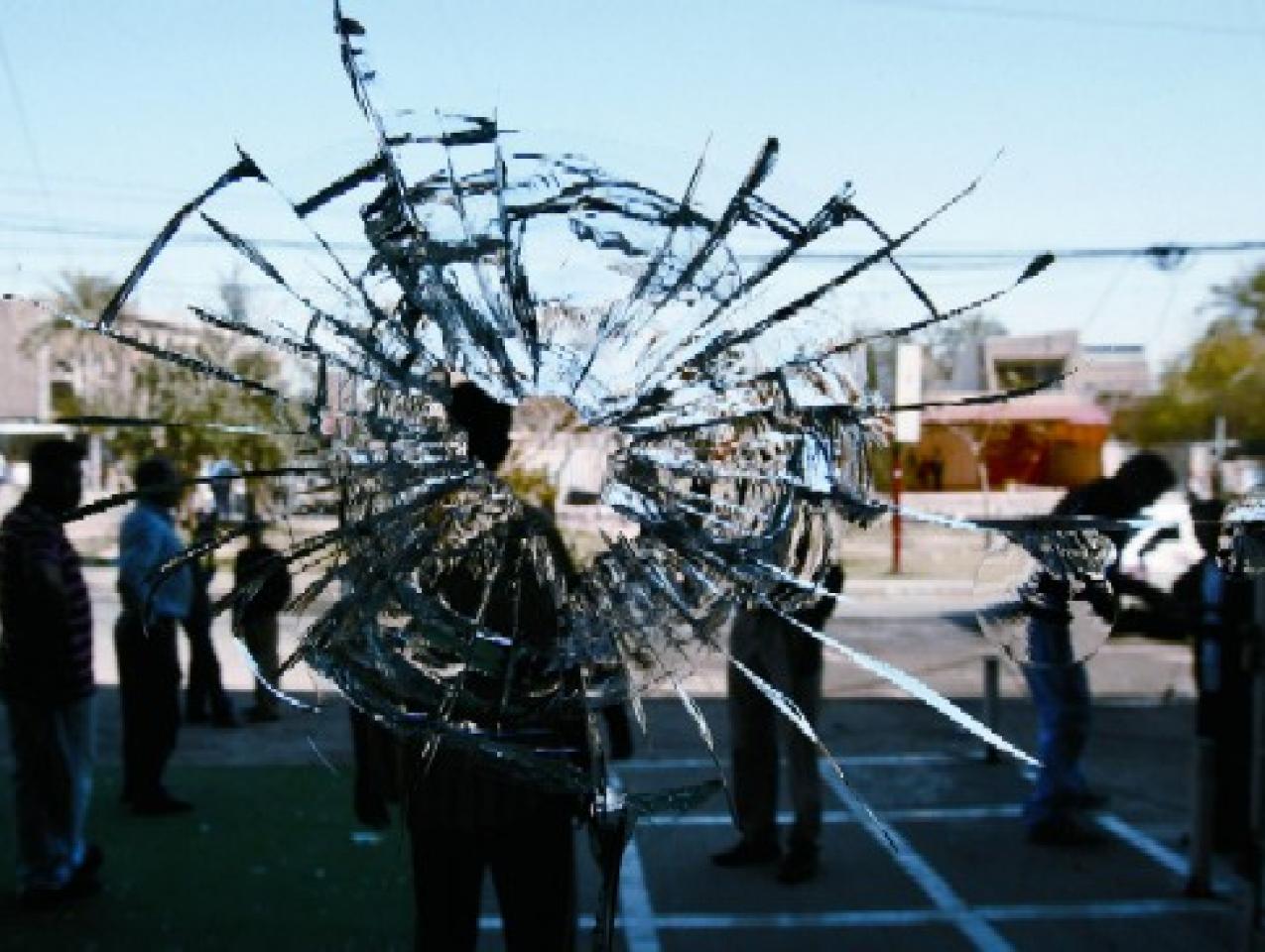- Security & Defense
- US Defense
- Terrorism
- International Affairs
- US Foreign Policy
A literary agent once told me that when you are trying to sell a book to a publisher, you should always keep in mind that it’s not really the book you’re selling, it’s the idea of the book. Your objective is to get people excited about what’s to come. The finished book, even if it’s a very good book, ought to be almost anticlimactic. Otherwise, you haven’t managed to get people as excited as you should have in the first place.
In this respect, indeed only in this respect, the report the Iraq Study Group released at the year’s end was exemplary. The idea that a bipartisan council of eminent persons would take an unvarnished look at Iraq and offer their collective wisdom on a fresh approach to extricate ourselves from our troubles was one whose time had come.
In the first place, we had the obvious fact of a policy that wasn’t successful, at least if by success you mean a reduction in the violence in Iraq. What, then, might a new policy look like? The world was ready to hear all about it from the ISG.
In the second place, the party of the president of the United States had just suffered a big electoral defeat triggered by the perception of incompetence in handling the war. It was therefore a season of comeuppance and accountability for the administration, and the Iraq Study Group was perfectly positioned to crystallize voters’ inchoate dissent into a comprehensive repudiation of past policy and the embrace of a coherent alternative.
In the third place, many Americans, including those most vocal in electing a Democratic Congress, wanted out of Iraq, preferably right now, but in any case sooner rather than later, and not on George W. Bush’s indefinite schedule but in accordance with some timetable. Here was the chance to respond to their concerns.
| It’s hard to imagine that anybody who is seriously against the war would be satisfied with a drawdown as partial, contingent, and far down the road as the ISG proposed. |
Fourth, and most broadly, the report of the Iraq Study Group was to represent the end of the Bush administration as we know it. At last, a stake would be driven through the heart of what critics see as a naive and messianic mission of democracy promotion. The Iraq Study Group would represent the return of Washington to a sense of realistic seriousness and bring the final curtain down on the neoconservatives.
That’s why so many people found the idea of the Iraq Study Group to be so exciting. Now as it happens, the Iraq Study Group Report was not like a book deal. It was a book deal: Vintage published it. We are accordingly entitled to ask to what extent the anticipation surrounding the release of the report, including the selective leaks of some of its supposed recommendations and the photo portrait sessions for its co-chairs, was in fact manufactured or at least tweaked up by Vintage publicists to sell more books.
In any case, at last we got our much-anticipated report and um, er, well, it was a flop. Oh, to the extent that it put a powerful wallop on the Bush administration for the “grave and deteriorating” situation in Iraq, it delivered on one of its promises. But, let’s face it; we were not short on studies, reports, articles, and books admiring the problem. What we were short on were serious proposals about where to go from here, and the more people got a look at the actual recommendations of the Iraq Study Group report, the clearer it became that the ISG didn’t have any.
The report’s big proposals for regional dialogue, engagement with Syria and Iran, and reactivation of the Arab-Israeli peace process may or may not be good ideas, but the notion that they would produce measurable results on the ground in Iraq was fanciful. If it is indeed true that the problems of Iraq can be solved only in the context of a broader settlement of Middle East security and identity politics, then that’s just a fancier way to conceive of inevitable failure.
















